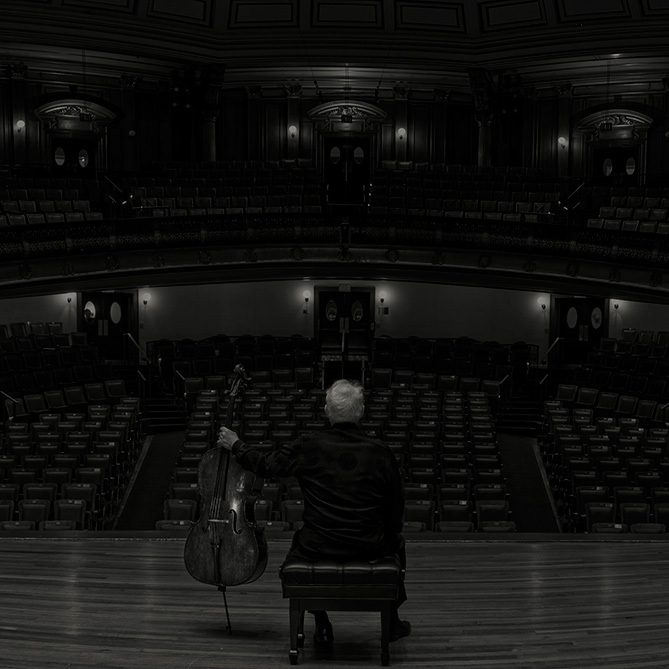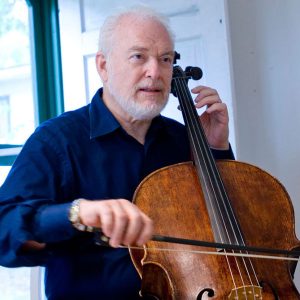
What Is the Role of the Musician in the Face of Systemic Injustice? – by Paul Katz
Paul Katz
I am writing to you from Boston, one of the U.S. hotspots for the coronavirus, and yet another city where large, peaceful protests are rightfully calling for justice following the killing of George Floyd and countless other innocent black people.
Music is a calling that absorbs us, floods our hearts and minds and can remove us from the everyday world and its suffering. But as I look today at a world in chaos, I ask myself, what is the relevance of music, the cello, of culture and the arts in general? What is the role of CelloBello at a time such as this? What can/should we be doing as musicians?
While I have been blessed by a long career, I have been continually questioning, as a classical musician, how to make the world a better place. The answer was not difficult—music consoles, heals, uplifts, enlightens, and helps balance our emotions. Music has the power to unite people. In this increasingly technological and stressful world, what we do has more relevance and purpose than ever. Wars, pandemics, and every imaginable human suffering can be alleviated by music because music fulfills a basic human need. It has a societal function, and we do not need to apologize for what we do.
But there are times when making music is not enough.
There is a long history of idealistic, socially conscious musicians rising to action during their lifetime: Pablo Casals, Paul Robeson, Daniel Barenboim, Toscanini, Huberman, to name a few. These were not only great artists, but humanitarians stirred to action by their moral compass; some joined the waves of protest by performing in solidarity, while others even refused to take the stage in defiance of injustice. Today, the world is again in danger of being overrun by bigotry, fanaticism, and a thirst for power that knows no morality. While this was only one of a string of incidences of needless police brutality, witnessing the death of George Floyd should be a gut-wrench for any human being—no matter whether you are a farmer, a brain surgeon…or a musician.
What is different for musicians today is that we have no live concerts and so our music, in a real sense our strongest weapon, has been partially silenced by the pandemic.
But this should not give us reason to disengage.
CelloBello has always been about musical excellence, and about sharing the traditions and legacy of our art form. It’s also about building a global community, about celebrating the diversity of that community, and about equalizing access to a quality musical education. While this is one of the few non-musical utterances ever to appear on CelloBello, I believe it belongs here as it speaks to the many musicians who are troubled and wondering what, if anything, we can do.
Though this is a time that we as musicians cannot use theaters, parks and public venues, there are so many ways to make a difference. CelloBello applauds those who have taken their instruments and voices to social media. Black Lives Matter. We can each stand up in our own way and at our own comfort level to fix our broken justice system and dismantle the systemic bias in our country’s institutions. Some of us are past the age where we can take part in demonstrations, but there is still much we can do. And I hope younger musicians will join other young people and find safe ways to protest. Walking, talking, writing, speaking up, supporting causes for decency and justice, and VOTING. This is all of our responsibility.
Music comes in infinite forms through all civilizations and cultures, reflecting the rich diversity of humankind. It is a universal language. Let it continue to be a platform for dialogue, and let us musicians continue to serve as agents for positive change in the world.
Boston MA, June 2nd 2020

Paul Katz
Subjects: Artistic Vision, Ethics
Tags: black lives matter, george floyd, protest, protests, vote, voting
